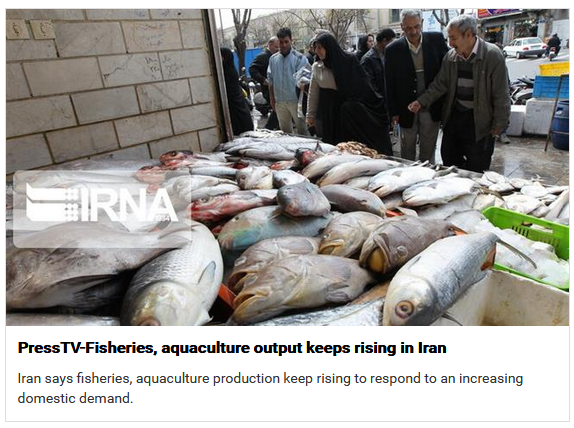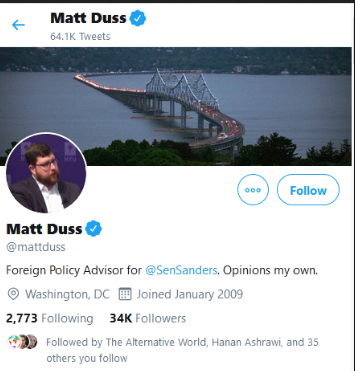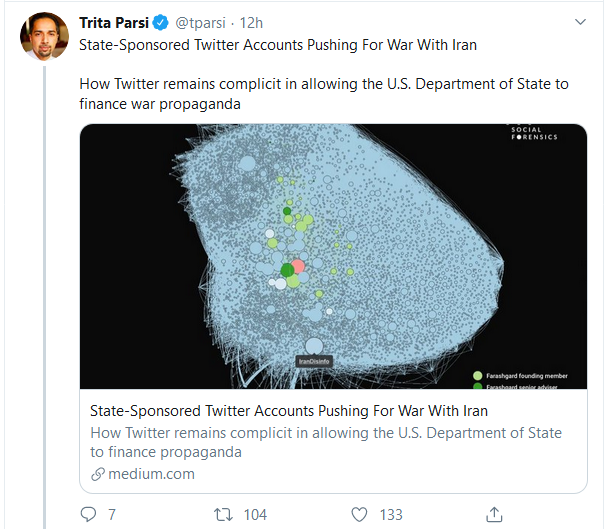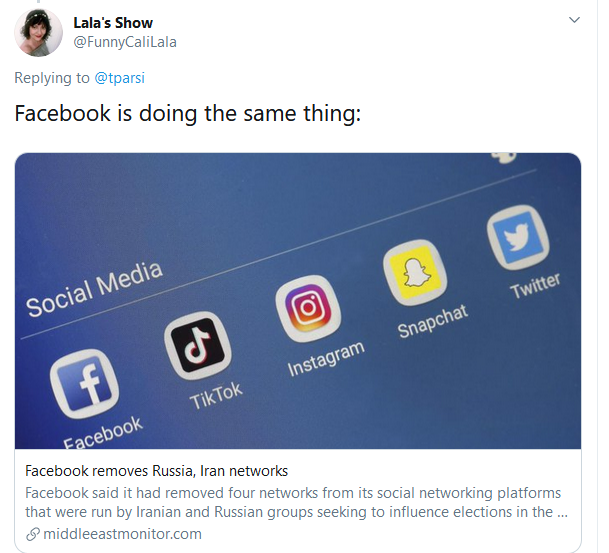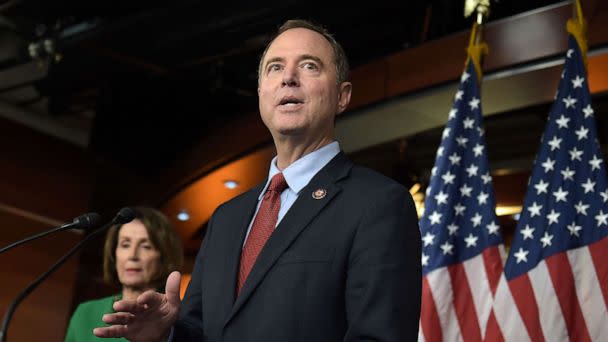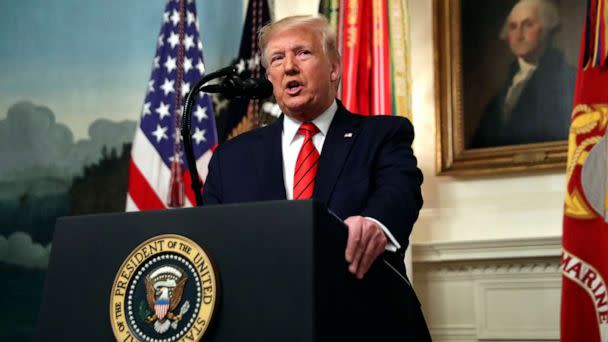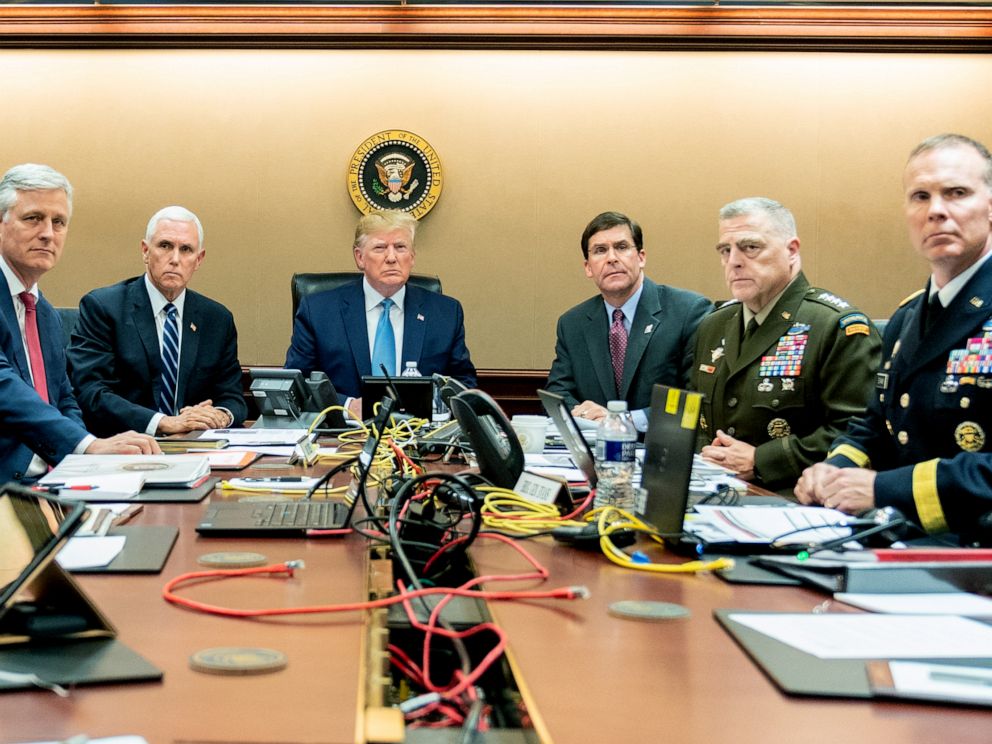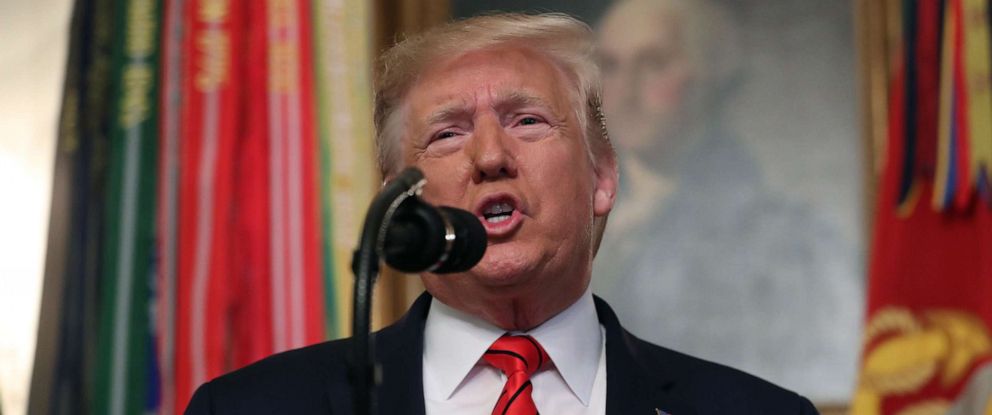angelburst29
The Living Force
Owner of Stena Impero held in Iran says tanker is preparing to leave
The British-flagged tanker Stena Impero detained by Iran in July is preparing to leave, Will Marks, a spokesman at the vessel's Swedish owner Stena Bulk said in a text message.
UK tanker held in Iran leaves Bandar Abbas port: Refinitiv data
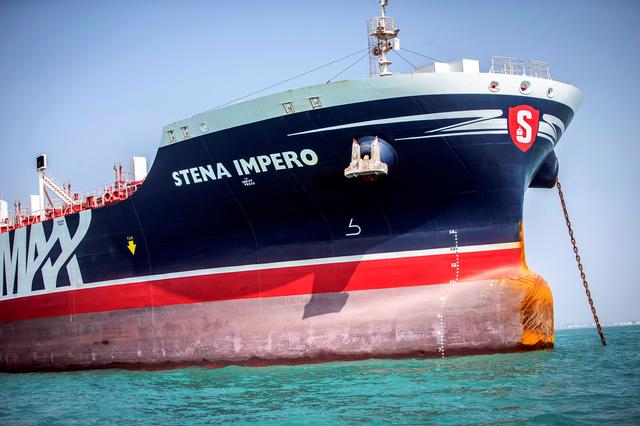
The British-flagged Stena Impero tanker, which was detained by Iran's Revolutionary Guards in July, has started moving and exited the Bandar Abbas port on Friday, according to Refinitiv ship-tracking data.
UK tanker held in Iran enters Dubai port: Refinitiv ship-tracking data
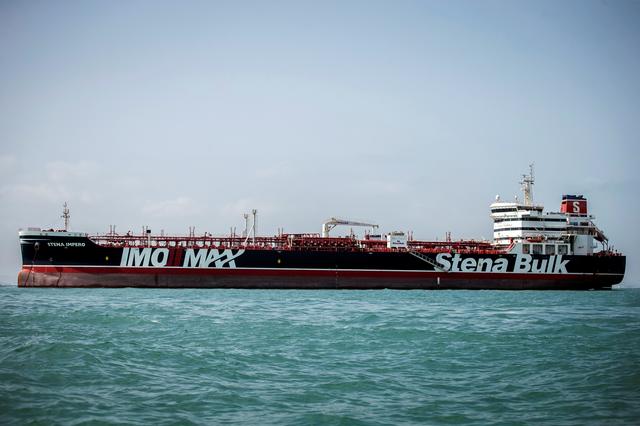
The British-flagged Stena Impero tanker, which was detained by Iran's Revolutionary Guards in July, has entered port Rashid in Dubai, according to Refinitiv shipping data.
British tanker arrives in Dubai after 10-week detention in Iran
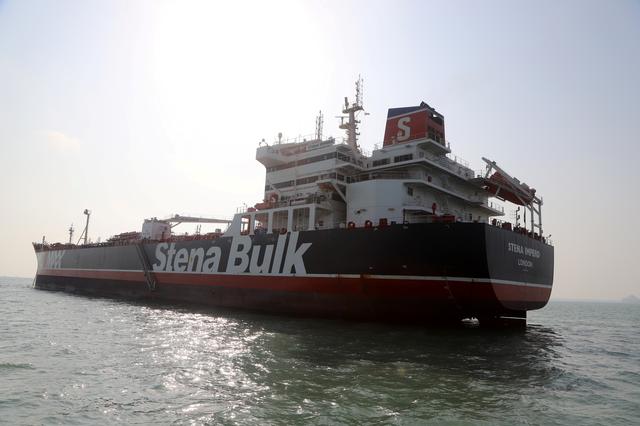
The British-flagged Stena Impero tanker arrived at Dubai's Port Rashid on Friday after sailing out of Iranian waters, according to Refintiv shipping data, after it was detained in July during a row with Britain that has stoked tensions in the Gulf.
Iran's Rouhani says wider talks with U.S. possible if 2015 deal implemented
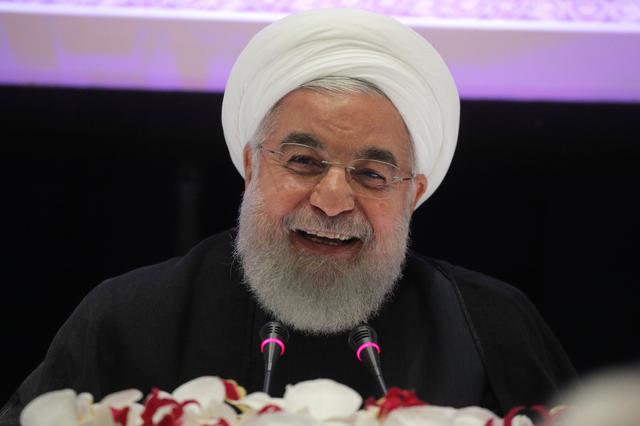
Iran can discuss other issues with the United States providing its 2015 nuclear deal with six powers is fully implemented, Iranian President Hassan Rouhani said on Thursday, adding that Tehran's missile capabilities were not negotiable.
Khamenei says Iran should give up hope of European help against U.S. sanctions
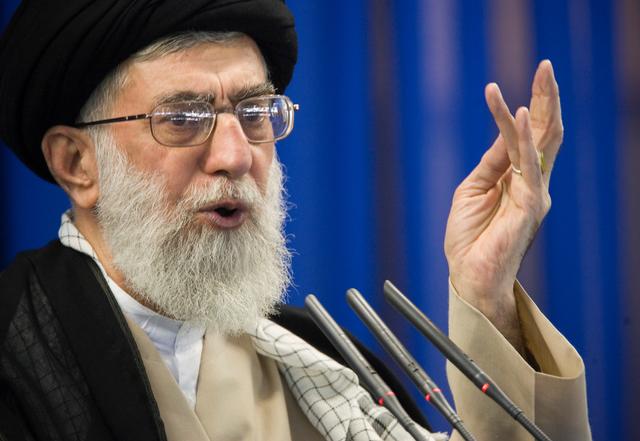
Iranian Supreme leader Ayatollah Ali Khamenei said on Thursday European countries were unlikely to help Iran against U.S. sanctions, and Tehran "should give up all hope" in that regard, according to his official website.
Trump says he refused to lift sanctions for an Iran meeting
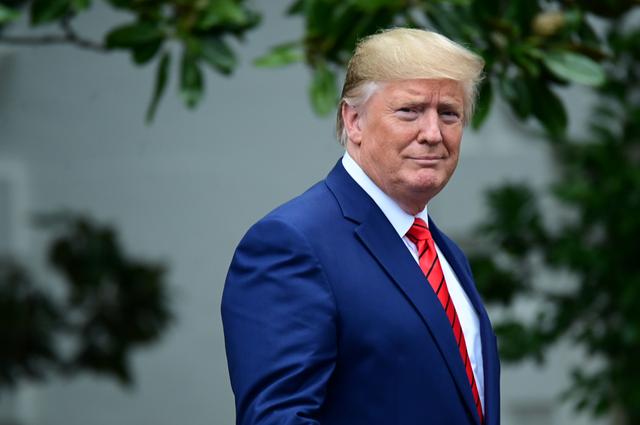
U.S. President Donald Trump said he had refused a request by Tehran to lift sanctions in exchange for talks, contradicting Iranian President Hassan Rouhani, who earlier on Friday said the United States had offered to lift restrictions to facilitate a meeting.
Rouhani says he rejected U.S. offer to lift sanctions made in message to Europeans
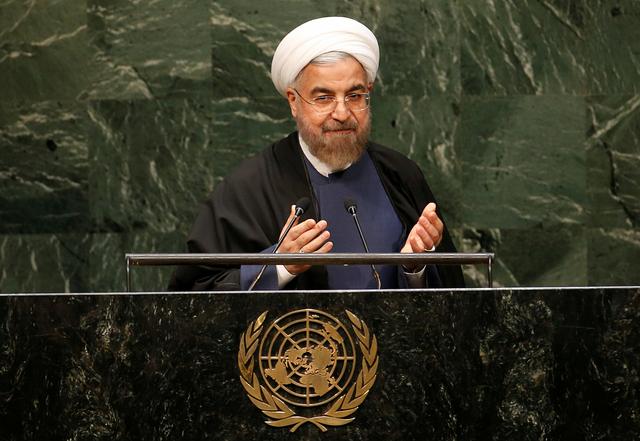
The United States sent a message to European leaders that it was willing to lift all sanctions on Iran, according to Iranian President Hassan Rouhani, who said he had rejected talks with Washington while punitive U.S. sanctions remained in place.
Despite French, British pleas, few signs of U.S.-Iran detente
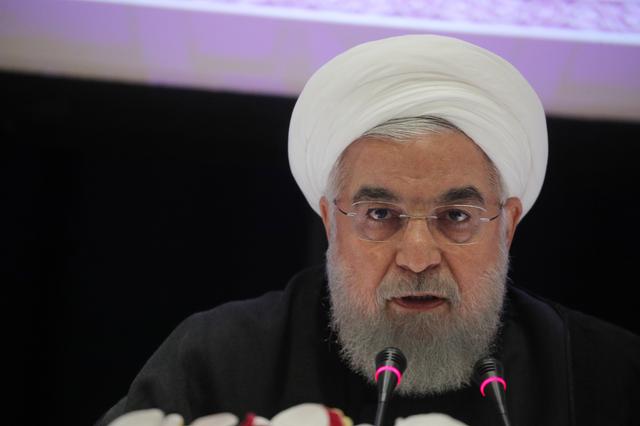
Britain and France all but begged Iran to jump into the waters of a negotiation with the United States this week.
Pompeo has no comment on possibility of U.S.-Iran prisoner swap
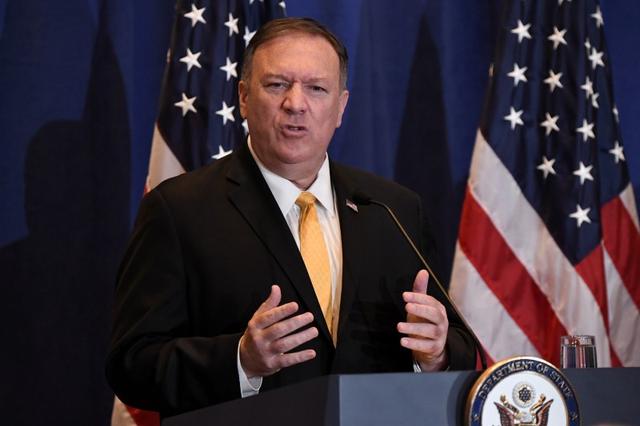
U.S. Secretary of State Mike Pompeo declined on Thursday to discuss the possibility of a U.S.-Iranian prisoner swap after the United States deported an Iranian woman who pleaded guilty to exporting restricted U.S. technology to Iran.
The British-flagged tanker Stena Impero detained by Iran in July is preparing to leave, Will Marks, a spokesman at the vessel's Swedish owner Stena Bulk said in a text message.
UK tanker held in Iran leaves Bandar Abbas port: Refinitiv data
The British-flagged Stena Impero tanker, which was detained by Iran's Revolutionary Guards in July, has started moving and exited the Bandar Abbas port on Friday, according to Refinitiv ship-tracking data.
UK tanker held in Iran enters Dubai port: Refinitiv ship-tracking data
The British-flagged Stena Impero tanker, which was detained by Iran's Revolutionary Guards in July, has entered port Rashid in Dubai, according to Refinitiv shipping data.
British tanker arrives in Dubai after 10-week detention in Iran
The British-flagged Stena Impero tanker arrived at Dubai's Port Rashid on Friday after sailing out of Iranian waters, according to Refintiv shipping data, after it was detained in July during a row with Britain that has stoked tensions in the Gulf.
Iran's Rouhani says wider talks with U.S. possible if 2015 deal implemented
Iran can discuss other issues with the United States providing its 2015 nuclear deal with six powers is fully implemented, Iranian President Hassan Rouhani said on Thursday, adding that Tehran's missile capabilities were not negotiable.
Khamenei says Iran should give up hope of European help against U.S. sanctions
Iranian Supreme leader Ayatollah Ali Khamenei said on Thursday European countries were unlikely to help Iran against U.S. sanctions, and Tehran "should give up all hope" in that regard, according to his official website.
Trump says he refused to lift sanctions for an Iran meeting
U.S. President Donald Trump said he had refused a request by Tehran to lift sanctions in exchange for talks, contradicting Iranian President Hassan Rouhani, who earlier on Friday said the United States had offered to lift restrictions to facilitate a meeting.
Rouhani says he rejected U.S. offer to lift sanctions made in message to Europeans
The United States sent a message to European leaders that it was willing to lift all sanctions on Iran, according to Iranian President Hassan Rouhani, who said he had rejected talks with Washington while punitive U.S. sanctions remained in place.
Despite French, British pleas, few signs of U.S.-Iran detente
Britain and France all but begged Iran to jump into the waters of a negotiation with the United States this week.
Pompeo has no comment on possibility of U.S.-Iran prisoner swap
U.S. Secretary of State Mike Pompeo declined on Thursday to discuss the possibility of a U.S.-Iranian prisoner swap after the United States deported an Iranian woman who pleaded guilty to exporting restricted U.S. technology to Iran.

 This is rich.
This is rich.



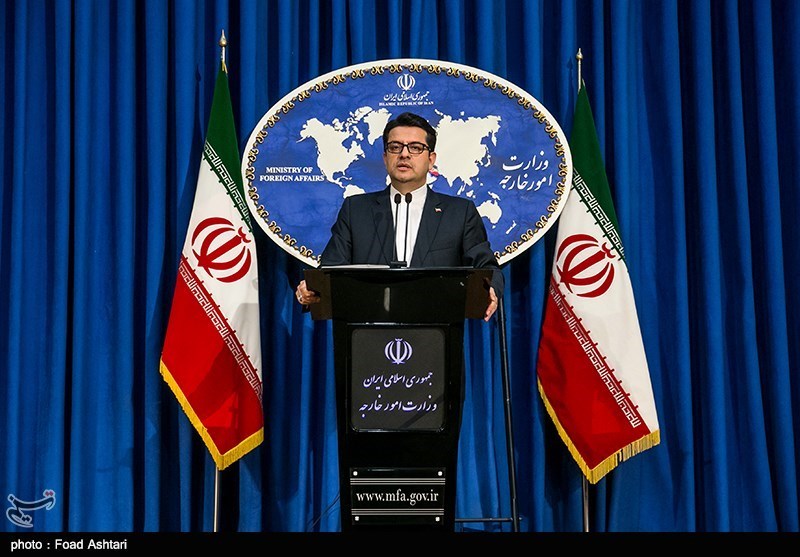

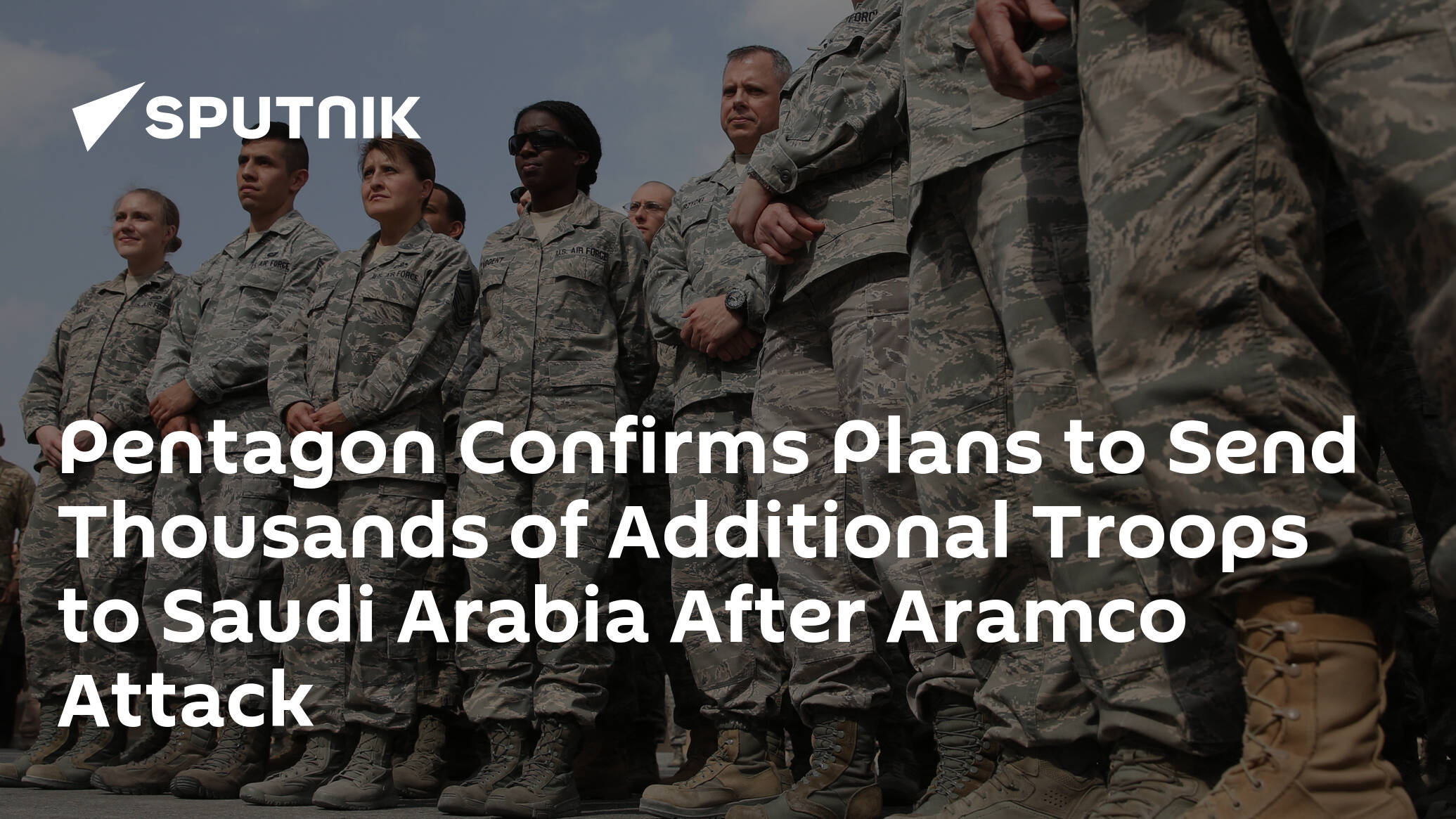
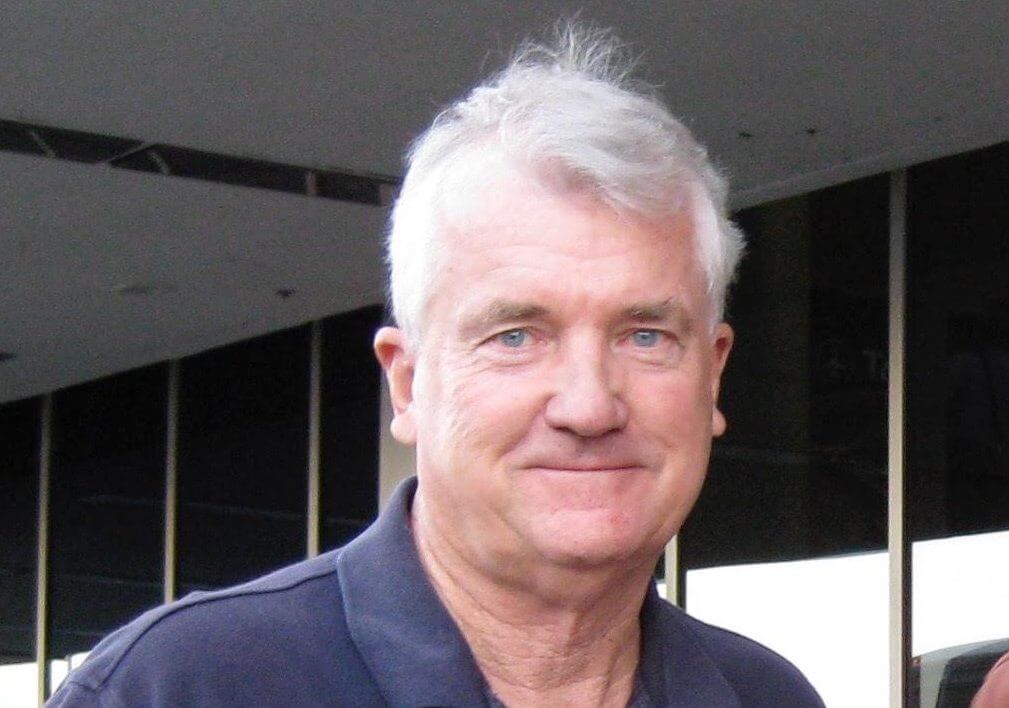


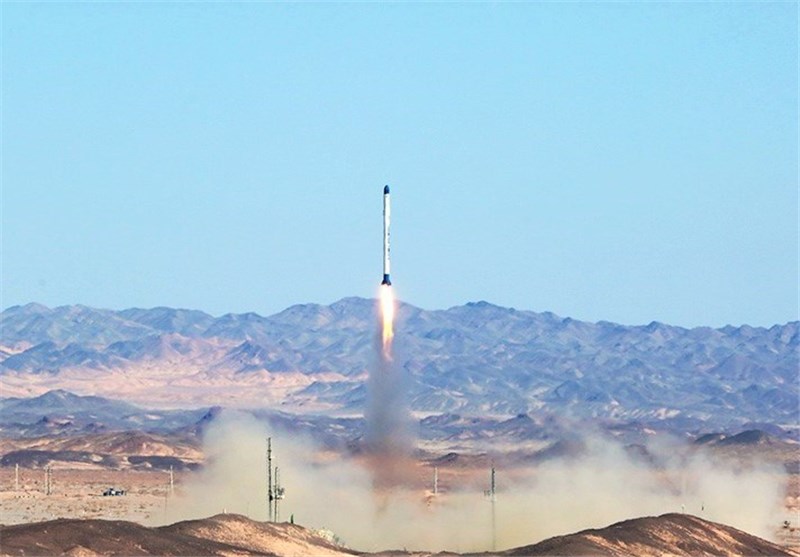
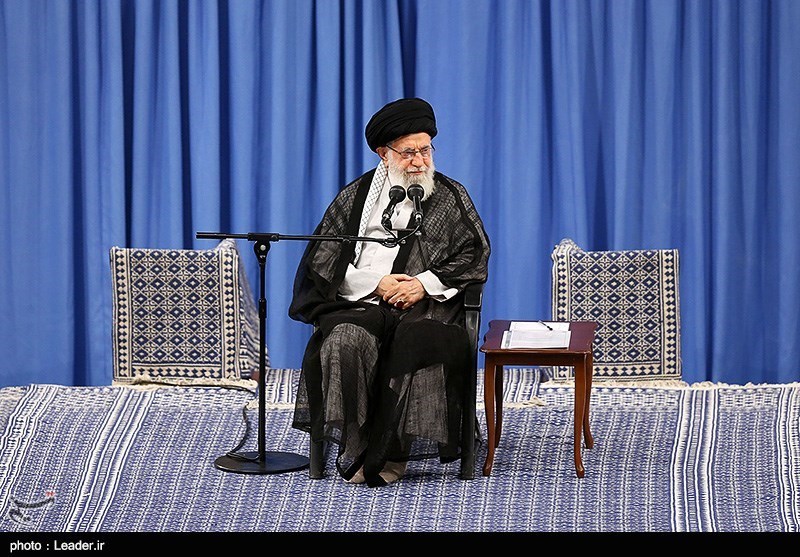

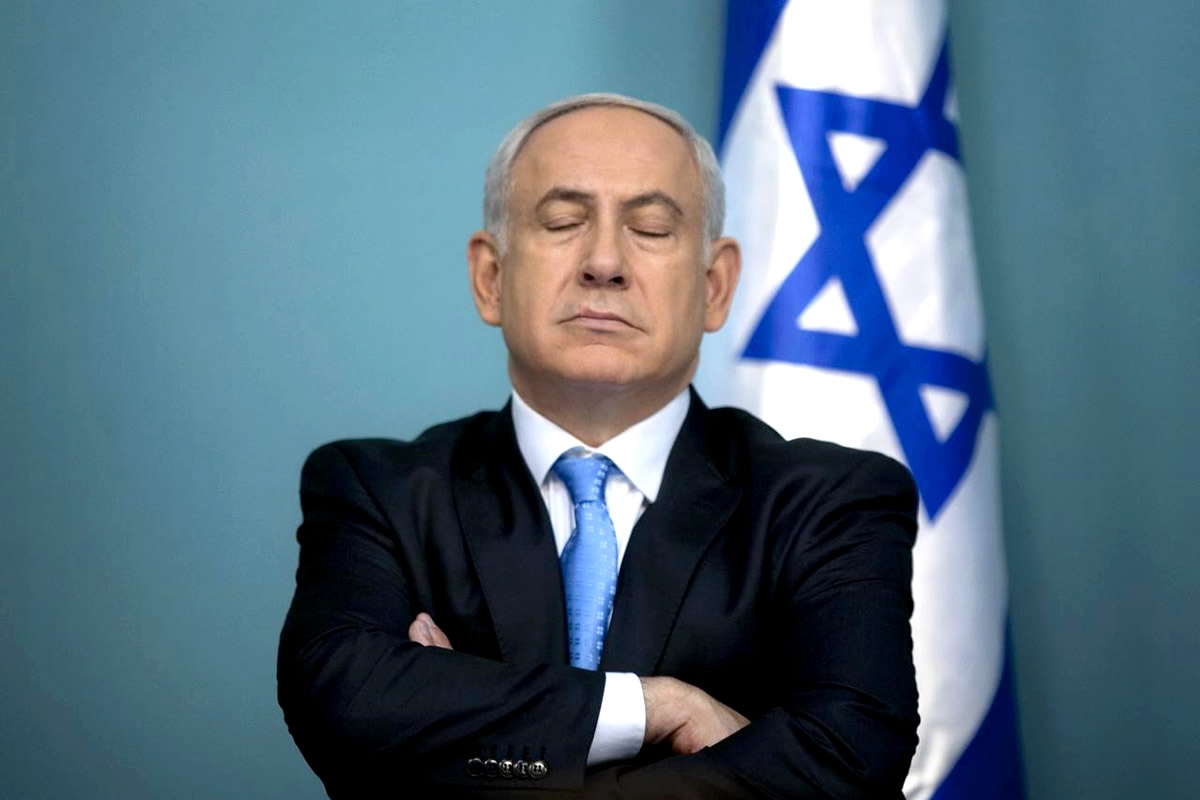
![Oil tanker [Jon Olav Eikenes/Flickr] Oil tanker [Jon Olav Eikenes/Flickr]](/forum/proxy.php?image=https%3A%2F%2Fi0.wp.com%2Fwww.middleeastmonitor.com%2Fwp-content%2Fuploads%2F2019%2F10%2F2012_10-4-oil-tanker8699927352_fd3873b675_o.jpg%3Fresize%3D1200%252C800%26quality%3D75%26strip%3Dall%26ssl%3D1&hash=04fc321f92e86b480bb43eb59f70e2d0)
